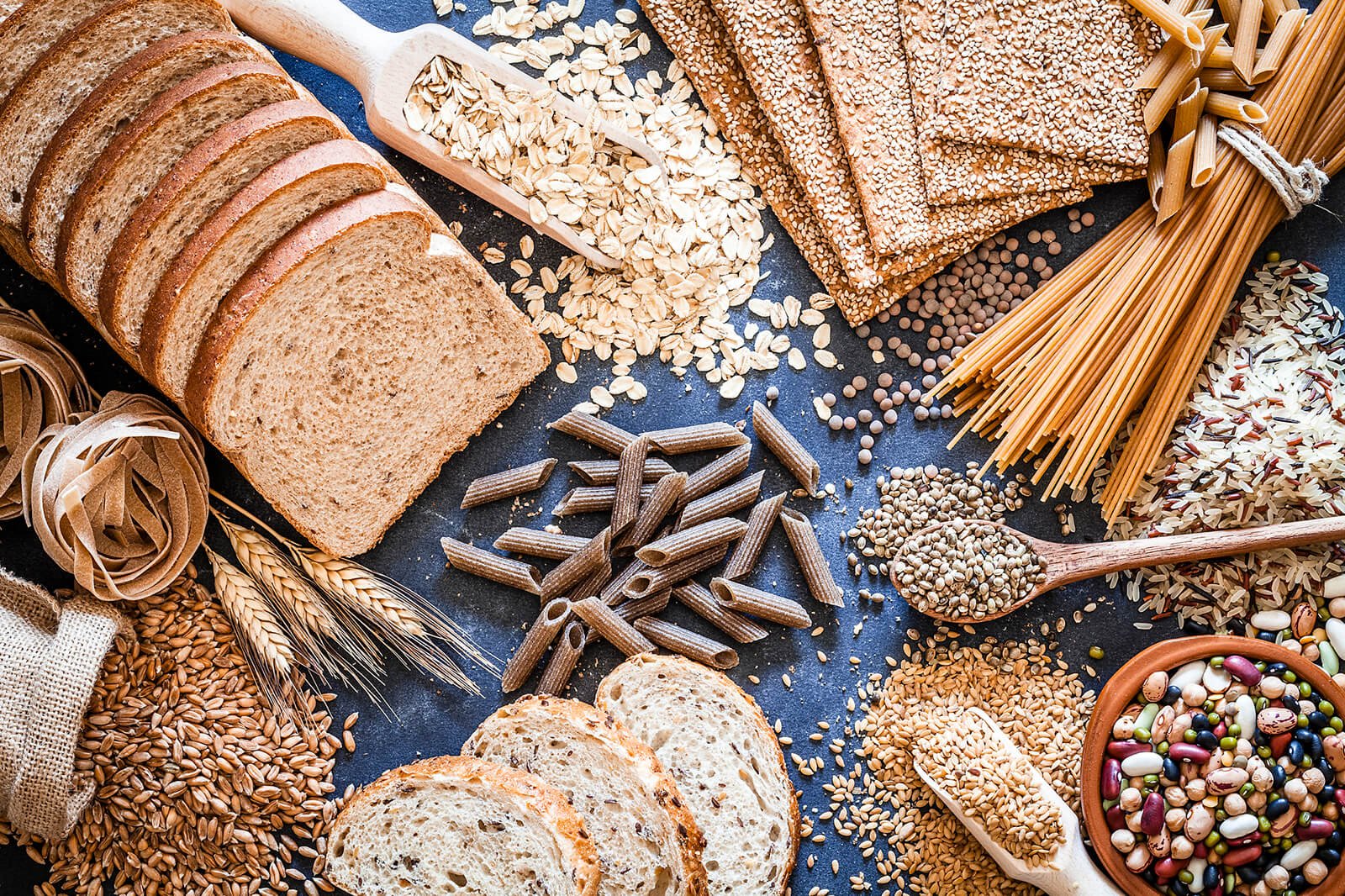What is coeliac disease?
This post was written by our clinic dietitian Annabel Leather.
Coeliac disease is not a food allergy, or a food intolerance. It is an autoimmune disease, caused by the body’s reaction to gluten. 1 in 4 people with coeliac disease are treated for IBS before diagnosis. People with IBS should have had coeliac disease ruled out. Coeliac disease affects 1% of the adult population, yet it is estimated that only 30% are diagnosed. The average time delay for symptoms starting to diagnosis is 13 years!
Symptoms of coeliac disease include:
Tiredness
Anaemia
Mouth ulcers
Weight loss
Bloating
Diarrhoea
Nausea
Wind
Constipation
In some cases skin rashes can develop, a term called dermatitis herpetiformis.
If you think you may have coeliac disease..
First speak to your GP. There is a simple blood test which checks for antibodies (the body produces these in response to gluten). It is essential that you continue to eat gluten during the testing process (e.g. gluten in 1 meal per day for 6 weeks before your test), otherwise there is a risk of a false negative result. Depending on the result, your GP may referral you to a Gastro Consultant, but it is really important that you get a referral to a dietitian at this stage.
Treatment
There is no cure for coeliac disease, the only treatment is a strict lifelong gluten free diet. Gluten damages the gut lining, causing issues with digestion & absorption. The risk of not following a strict gluten free diet is that it leads to nutritional deficiencies, osteoporosis, bowel cancer & fertility issues.
What is a gluten free diet?
Gluten is a protein found in wheat, barley & rye. It is in most breads, pasta, cereals, flour, cereals, cakes & biscuits.
Hidden sources may be in foods such as sauces, stock cubes, sausages & some drinks.
Cross contamination occurs when gluten free food is contaminated by gluten during food prep. Common causes are breadcrumbs in toasters, shared chopping boards or utensils, crumbs left butter, jam or chutney.
Extra help:
Do you have coeliac disease, but are struggling to follow a strict gluten free diet?
Coeliac UK is great charity with lots of resources available: www.coeliac.org.uk or @coeliacUK
Or book in to speak with a dietitian at the KC Nutrition Clinic here.
